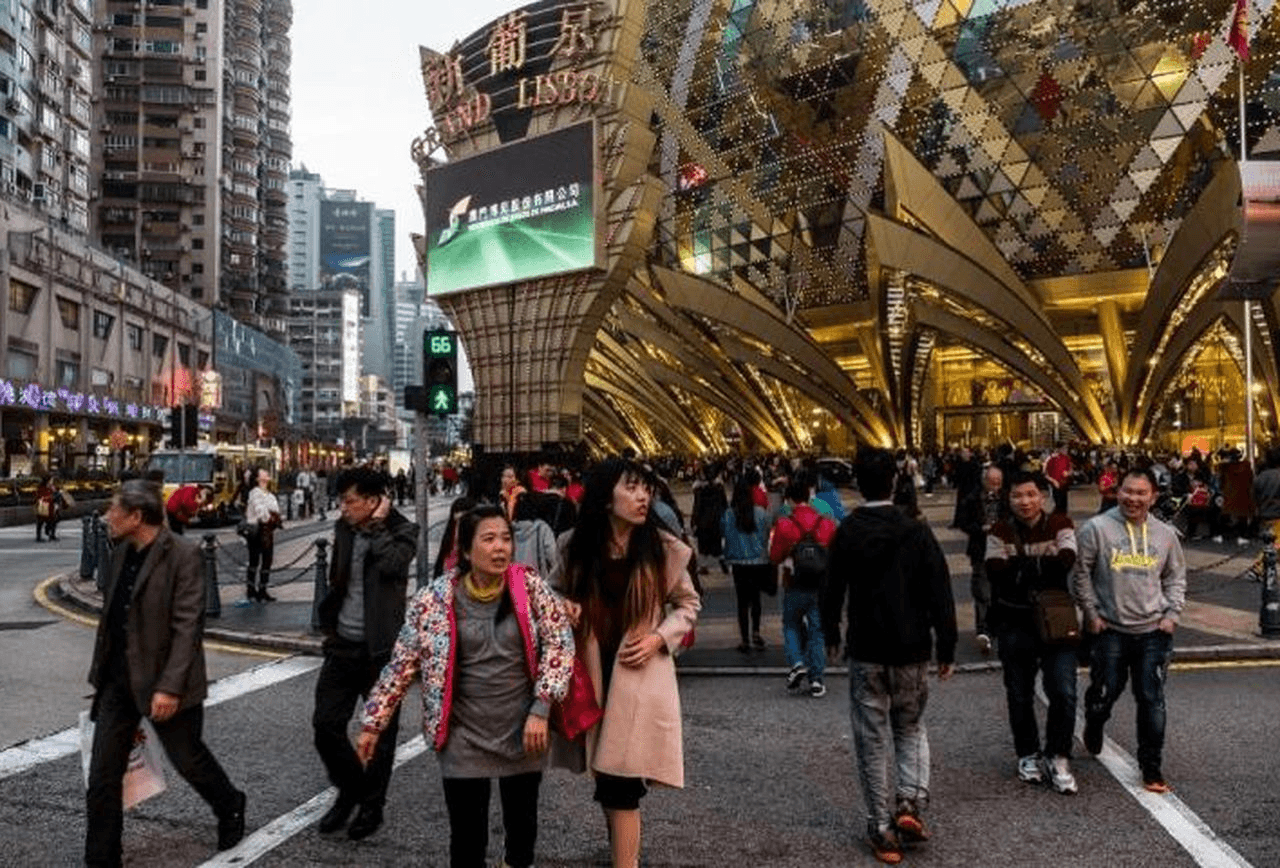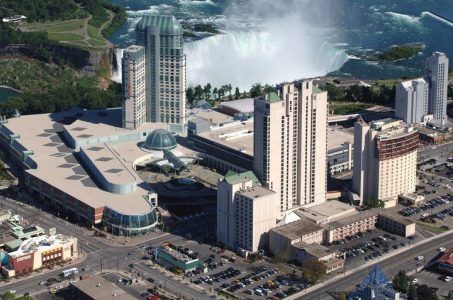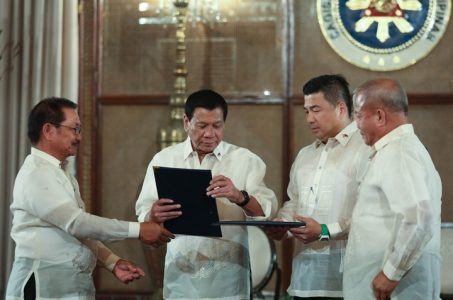US State Department Ups Travel Warning on China, So How Safe is Macau?
Posted on: January 4, 2019, 01:31h.
Last updated on: January 5, 2019, 05:00h.
The US State Department has warned Americans to “exercise increased caution” when traveling to China due to a rise in the arbitrary detention of US citizens by Chinese authorities, amid tense relations between the two superpowers.

The warning comes after three US citizens were detained in the country in November, accused — vaguely — of “economic crimes.” On Thursday, Global Affairs Canada revealed that 13 Canadians have been arrested in China since the beginning of December, although eight have since been released.
But this doesn’t necessarily mean North Americans should give Macau and its casinos a wide berth.
Is Macau Part of China?
While officially part of the People’s Republic of China since its secession from Portugal in 1999, Macau — like its neighbor across the Pearl River Delta, Hong Kong — is a autonomous special administrative region under the “one country, two systems” principle, with its own laws, government, judicial system, free press, and currency. The State Department recognizes Macau as a separate social, political, and diplomatic entity from mainland China.
Citizens of Macau and Hong Kong enjoy freedoms that their nominal countrymen on the mainland do not, which have been enshrined in secession agreements with Portugal and Britain.
While there are concerns that Beijing’s power and influence is encroaching into Macau — which could potentially erode those freedoms — there is little evidence that Central Government has ever arrested anyone inside Macau or Hong Kong for political reasons, although pro-democracy activists have certainly been detained during trips to the mainland.
Huawei CFO Arrest and Extradition
The escalation of arrests of Americans and Canadians on the mainland is believed to be retaliation for the detention of Meng Wanzhou, the CFO of telecoms giant Huawei, China’s largest private company.
Meng was arrested by Canadian authorities while transferring planes at Vancouver International Airport, on her way to Mexico from Hong Kong. She was seized on December 1 at the request of US authorities on alleged fraud charges related to Huawei’s alleged business in Iran, in defiance of US trade embargoes. She is currently awaiting extradition to the US.
The Chinese government warned America of “serious consequences” unless Meng — who is the daughter of Huawei founder Ren Zhengfei — is released.
Exit Bans
The State Department emphasized that US-Chinese citizens or Americans of Chinese heritage are especially vulnerable to arrest on the mainland.
Dual-citizenship is not recognized under Chinese law and, as such, US-Chinese can be subject to “additional scrutiny and harassment,” the department said.
“Chinese authorities have asserted broad authority to prohibit US citizens from leaving China by using ‘exit bans,’ sometimes keeping US citizens in China for years,” it added.
Related News Articles
Niagara Fallsview Casino Theatre Proposal Would Block Views of Falls
Connecticut Satellite Casino Blueprint Leaves Some Locals Underwhelmed
Most Popular
Mega Millions Reportedly Mulling Substantial Ticket Price Increase
NoMad Hotel to Check Out of Park MGM on Las Vegas Strip
VEGAS MYTHS BUSTED: To ‘86’ Someone Was Vegas Mob Slang for Murder
Most Commented
-
End of the Line for Las Vegas Monorail
— April 5, 2024 — 90 Comments -
Mega Millions Reportedly Mulling Substantial Ticket Price Increase
— April 16, 2024 — 8 Comments -
Long Island Casino Opponents Love New York Licensing Delays
— March 27, 2024 — 5 Comments
















No comments yet